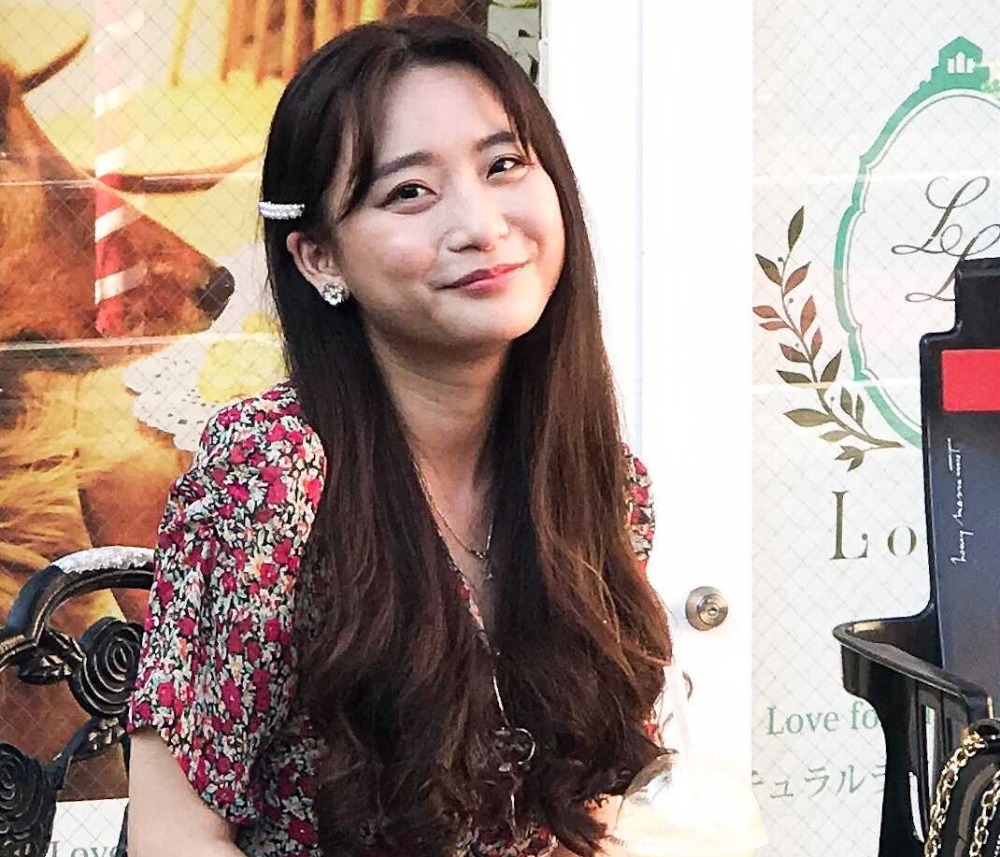「ゴールデンウィーク」英語で説明できる?
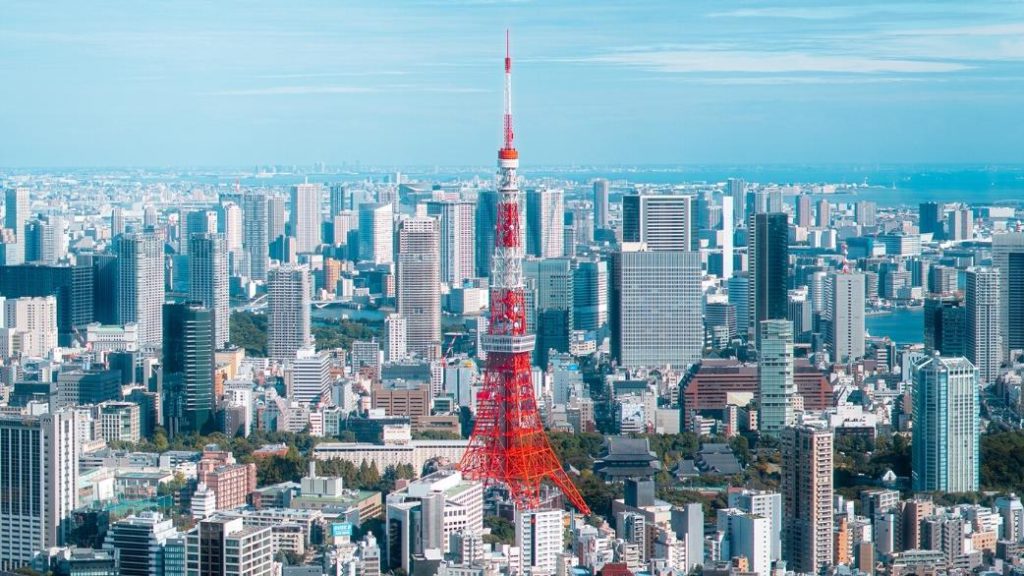
【えいごで読む物語】Shocks and Surprises in Japan(英文)
- 編集スタッフ:Maddie

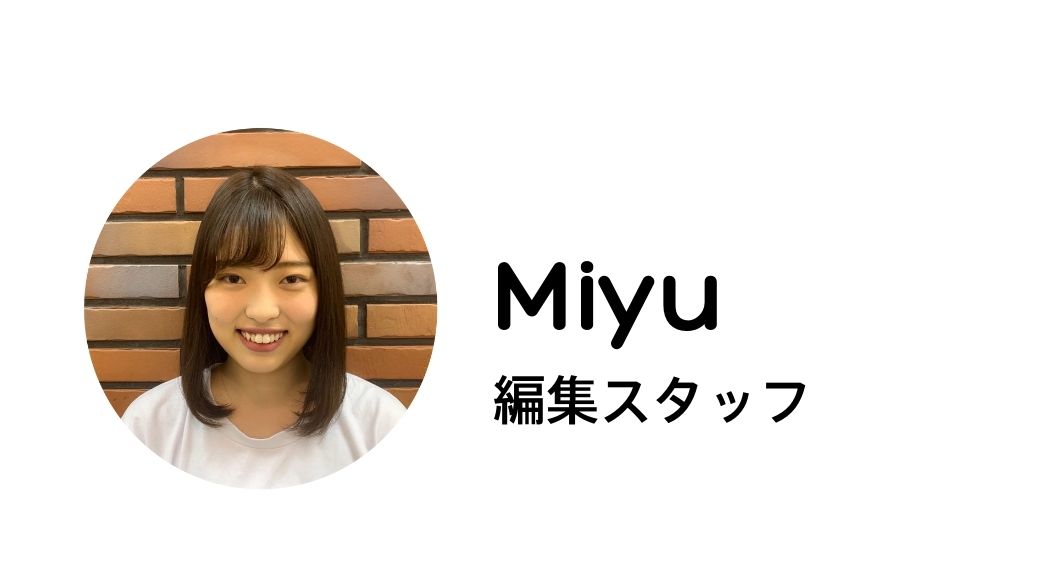
『えいごで読む物語』シリーズでは、ランカル英会話に所属するメイトの日常や思い出をえいごでお届けします。
今回はベトナム出身のMaddieが初めて来日したときに感じた驚いた日本の習慣・日本人の行動をご紹介。
またアメリカ出身のJahdaiやスペイン出身のLauraなどほかメイトからお聞きしたお話も一緒にお届けしていきます。
メイトのみんなには「日本」という国がどのように写っているのか、のぞいてみましょう♪
初心者の方は「インテンシブ・リーディング(精読)」の読み物として、こちらのシリーズを読んでみることをオススメします。
今回は、日本の習慣に触れているため、すでに知っているものや見慣れている単語・表現が多く登場するでしょう。
またコラム形式であることから、文章量が少なく、大きな負担なく読みやすいものになっています!
せっかく英文を読むのであれば、インテンシブ・リーディングで文章の組み立て方にも注目しながら読んでいきましょう♪
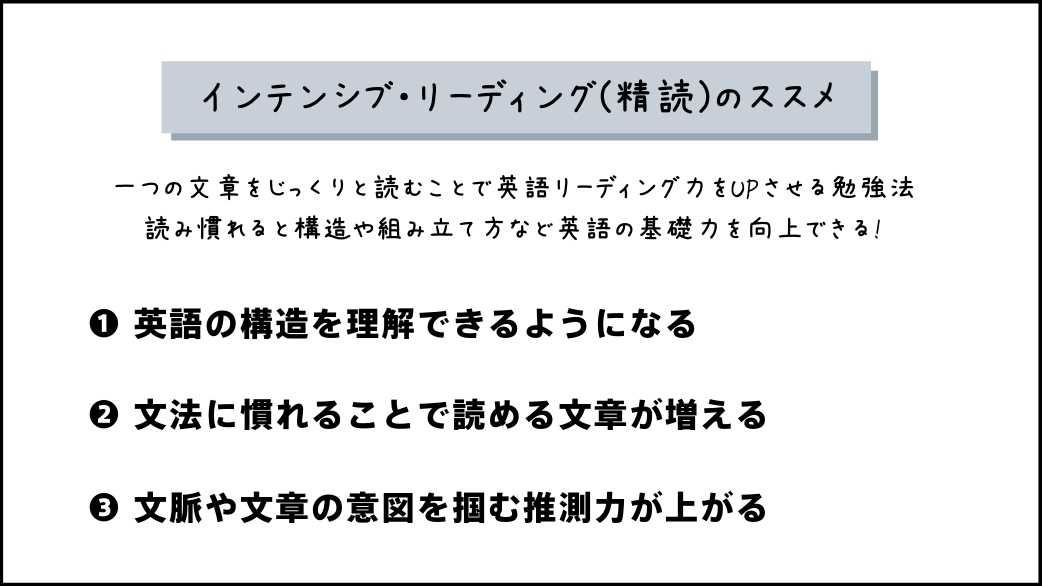
インテンシブ・リーディングでは、文章・会話理解に役立つ推測力もUPします!
コラム内の押さえたい英単語や表現については随時まとめていますので、初心者の方もチャレンジしてみてくださいね。
またリーディングスキルを養う上で役立つ学習動画もご紹介していますのでぜひ最後までお読みください。
=====
Intro

Have you ever felt shocked or surprised at anything when first arriving in a new country? Well, you’re not alone. I had my fair share of that when I came to Japan. Japan is, after all, a country filled with unique experiences and unparalleled traditions. Therefore, it is normal to come across customs, or phenomenon that cannot be seen in your home country. Here, I will be sharing some of my personal experience.

1. All-in-one Convenience Stores
In many countries, the image of a convenient store is only for getting food, drinks, or daily necessities on the go. Japan takes the term “convenience” to a whole new level.

Whenever I need to run errands, and ask people where and how I can get it done, the answer is almost always the same: “Just go to the コンビニ” (konbini- convenience stores in Japanese). I was so surprised that you can pay bills, use the ATM, send packages and letters, print/copy/scan documents and even buy concert tickets at the convenience stores in Japan. Basically, everything is packed into one tiny store.
2. Escalator / Elevator Manners
One does not usually think much when riding an escalator or an elevator. However, there are unspoken rules, or manners, in Japan that you are expected to follow (unless you want to get side-glances from other passengers).
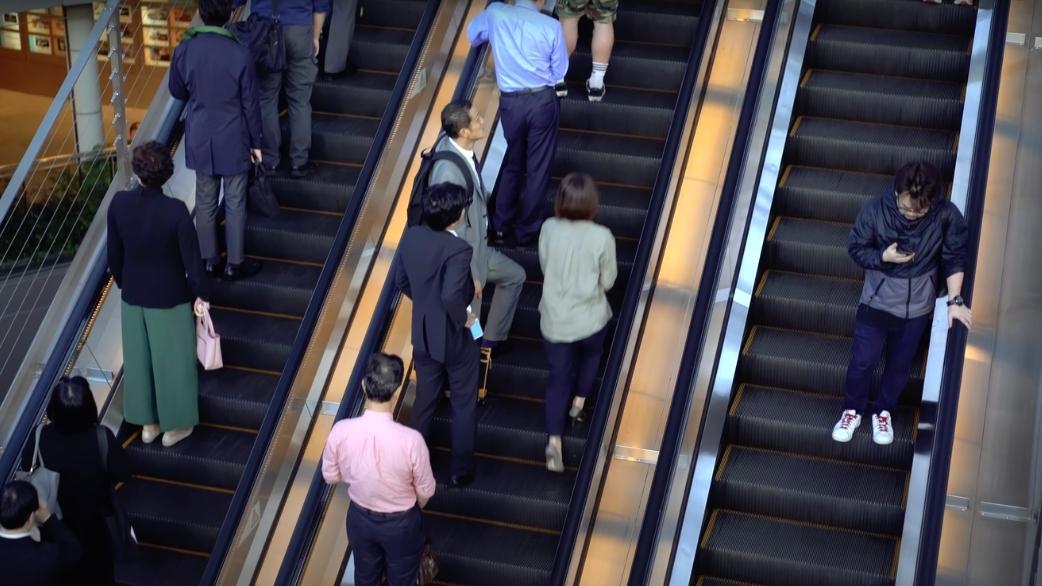
(c) youtube.com
When riding escalators, the rules differ depending on which region of Japan you are in. For example, in Tokyo, people stand on the left side of the side of the escalator, leaving the right side vacant for people who are in hurry, or just want to climb up the escalator instead. On the other hand, in Osaka, this will be reversed and the people would stand on the right side instead when getting on the escalator.
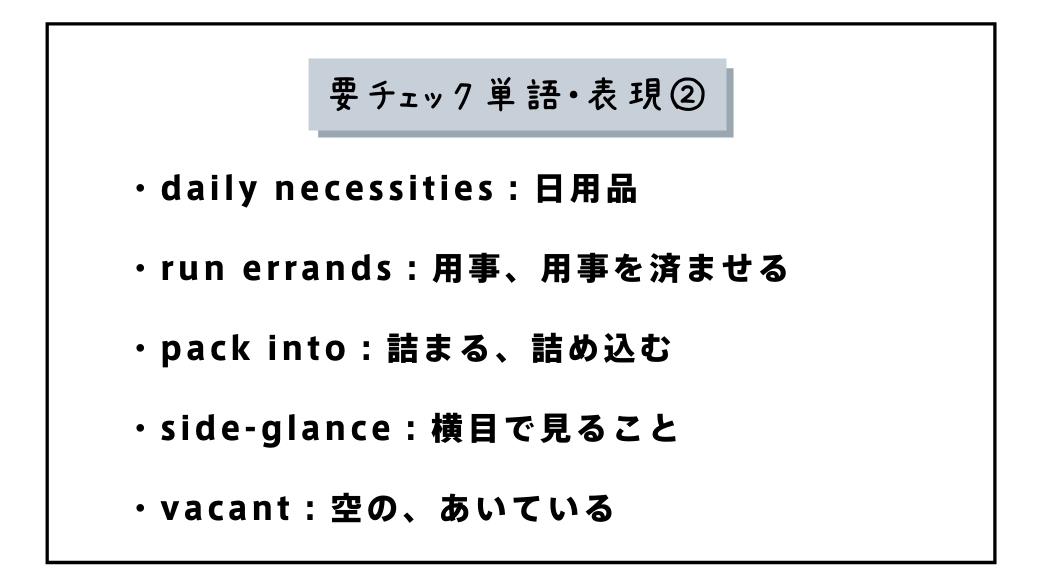
When riding an elevator, the first person entering the elevator, or the person standing closest to the buttons, will have the responsibility to “open” and “close” (with the buttons) the door for other people getting on and off the elevator until they have to get off themselves.
3. Cleaning up after yourselves
At many eateries in Japan, diners are expected to clean up themselves after eating. There is usually a “pickup” counter to receive the food you ordered, and a “return” counter to put your dirty trays and utensils after eating.
At some stores, they even have designated spaces for spoons, forks, knives, trays, used paper cups, tissues, plates, etc. and it is the guests’ responsibility to clean up following this arrangement.
4. Paying (in a tray)
Whenever you are paying for your purchase at the register, you might get a confused look from the staff if you hand them your payment directly. In Japan, there will always be a tray placed on the checkout counter for the customers to put their cash or cards in. The shop staff will then take this tray and return it with the receipts and any changes that might come out, and the customers will receive them from the tray. Basically, all transactions are done with the tray.
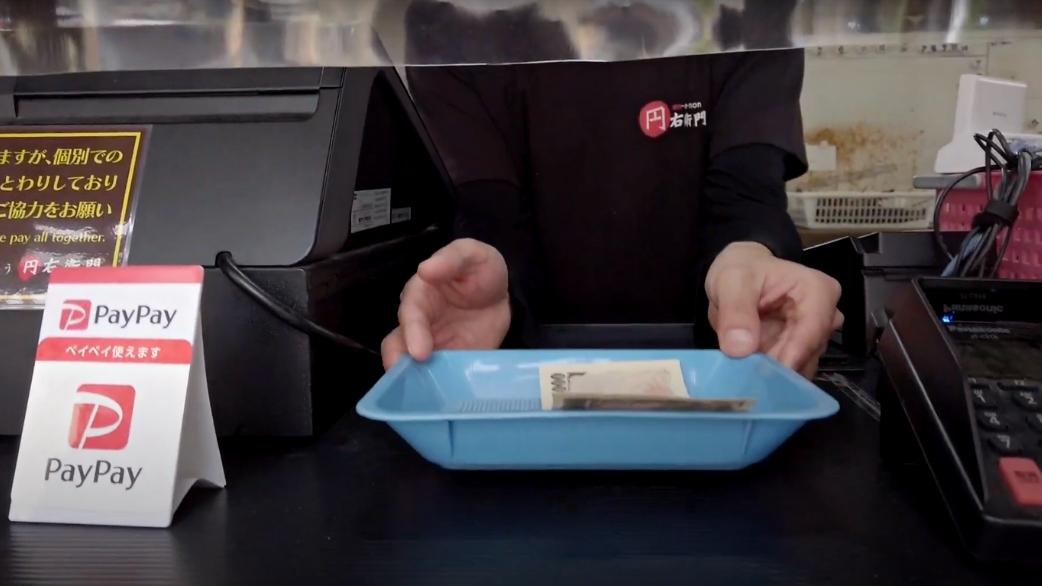
(c) youtube.com
5. Etiquette for riding on the trains
In different countries, the (hidden) rules for riding the train may vary or might not even exist at all. However, in Japan, people avoid disturbing others on the train so most passengers can be seen looking at their phones, reading a book or just minding their own business in a silent manner. Actions such as making phone calls, talking loudly, eating, playing loud music, doing makeup, etc. will earn you some stares (of disapproval or annoyance) from other commuters.
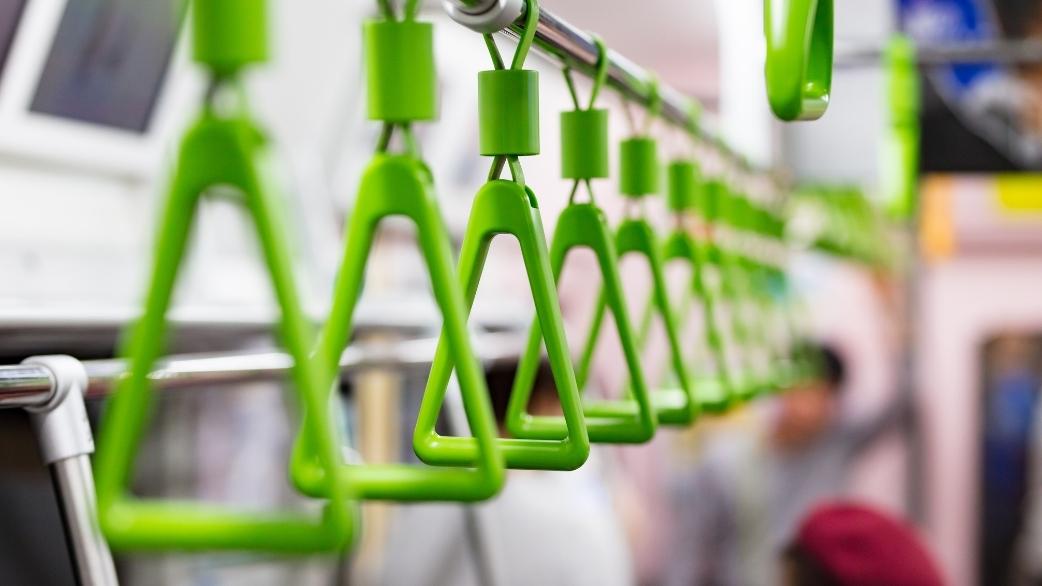
Of course, these are only a few of the many things in Japan that may be surprising for visitors. Below, I have asked some of our Mates about their own experiences on anything in Japan that is surprising to them.
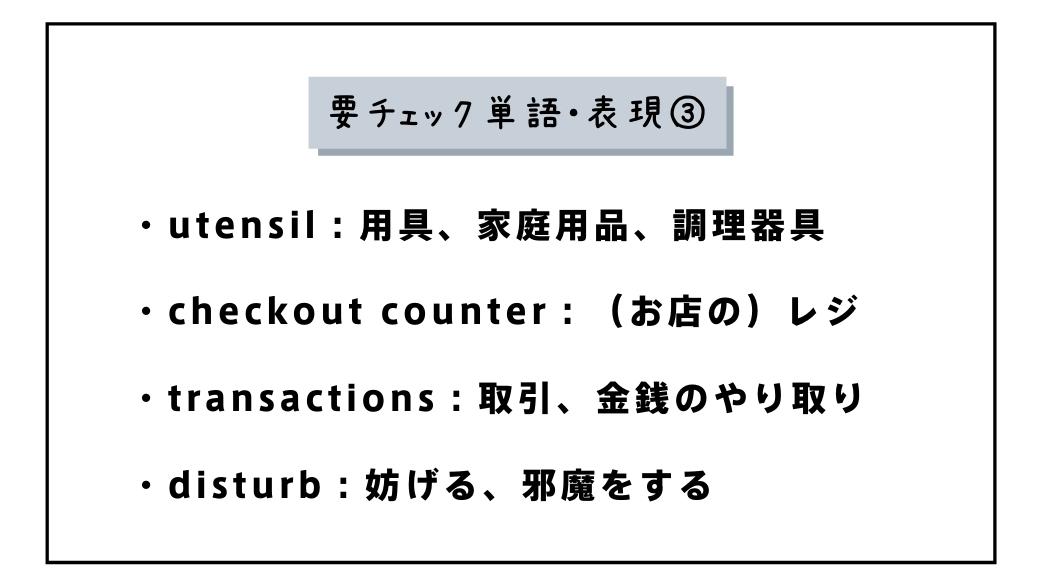
Jahdai (US)

What surprised me the most was the lack of communication in Tokyo between people in the trains and on the street. Maybe it’s because it’s a city but I don’t know. People don’t talk too each other a lot out here.
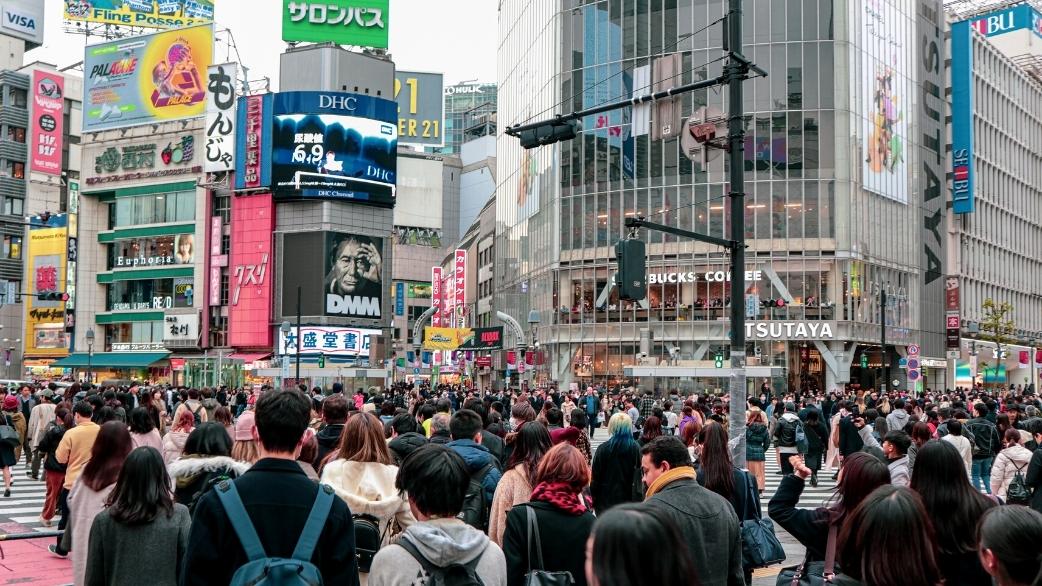
Also I saw when the stores were closing, all the workers were standing and waiting until the song finished playing to move and finish closing the stores.
Laura (Spain)

Maybe it’s typical but I was pretty surprised at how people are silent inside the train. We often have street musicians inside the trains singing or playing instruments so it’s completely different from Japanese trains. Also, in rush hour, the 駅員さん (workers at train stations) pushes everyone inside the train, that’s crazy!
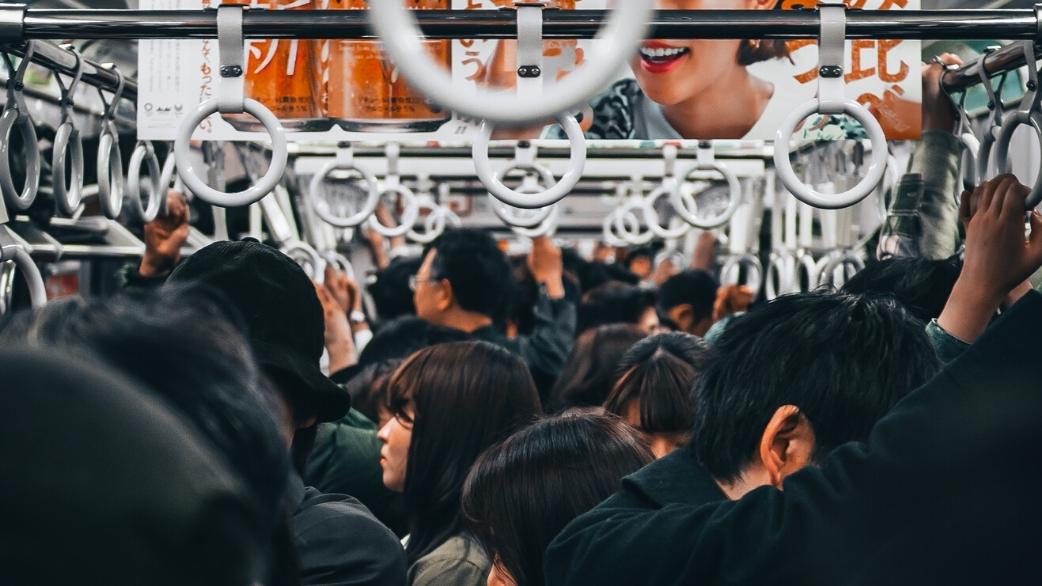
Matt (Estonia)

Most of the customs and etiquette are like I have been expecting even before learning about Japan. Bowing and nodding as greetings was rather common for me even when I was a child…. Returning trays and stuff, again is the same as in Estonia, it is expected that you return stuff like that.
For me the biggest surprise was that most Japanese do the things I have expected from everyone so far, like being polite, stay in queue, return trays etc.
Kevin (Singapore)

Everyone was very well mannered when they were collecting their items or at the restaurants/ shops queuing for their turn to be served. They all patiently waited. Back then (in 2000) in most parts of Asia, people were pretty rude with a “no care” attitude and rushed for their turn.


Japan is full of surprises and the list goes on for all the exciting events and phenomenon happening here. Of course, some things here in Japan may be familiar or completely new for different people from around the world.
But it is the same when visiting any new places as there will always be customs/etiquette/phenomenon that you have to get used to. After all, this is all a big part of learning and experiencing new cultures when travelling to new countries.
=====

いかがでしたか?
ほとんどのことは解決してしまうコンビニエンスストアや、片側に寄って乗るエスカレーター。
これらの光景が外国人から見ると不思議なものに映るとは少し驚きですよね。
日本語のことわざにも「郷に入れば、郷に従え」とありますが、メイトのみんなも少し不思議に感じながらも、日本の習慣に慣れ、そしてそれをまた楽しんでいるのかもしれません。
あなたも海外へ行ったときに感じたカルチャーショックなどはありますか?
ぜひセッション内でシェアしてくださいね。
LanCul英会話ではリーディングはもちろん、スピーキング、コミュニケーションにも役立つ学習動画を取り扱っており、教科書では学ぶことの出来ない、日常的でより実践的な多様な会話を学ぶことができます。
気になる方は下のプレビュー動画をチェックしてみてくださいね。
ボキャブラリーを増やす方法<プレビュー>
LanCul英会話とは…?
LanCul英会話は、英語上達のインプット・実践知が学べる「オンライン動画学習」をお届けしています。
「オンライン動画学習」は、1本3分から、スキマ時間に実践知が学べて、かかる費用は月々参考書1冊分程度。
アプリでは動画学習のほかカフェとオンラインで気軽に英語のアウトプットができる日本No.1「英会話カフェ」にも参加できます。
今ならすべての学習動画が見放題の無料体験を実施中!
※記事内の画像や音楽等の著作権はすべて著作権者に属します。引用に関してはYoutubeフェアユース ガイドライン( t.ly/OvSa ) に則って引用しています。
